Information

Introduction
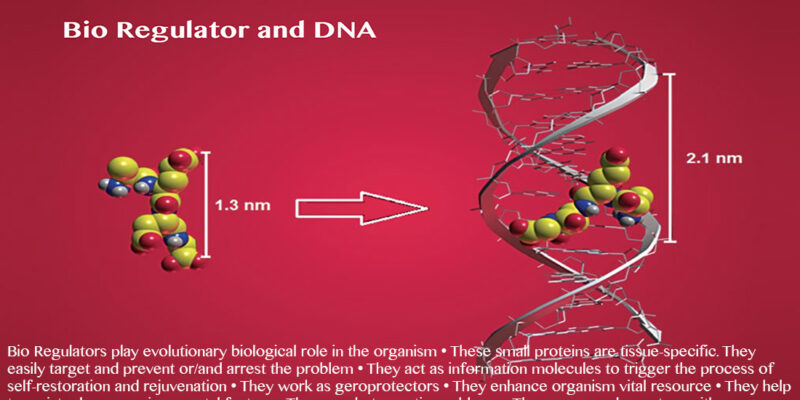
WELL BALANCED METABOLISM – THE BEST GUARANTEE OF YOUR HEALTH!
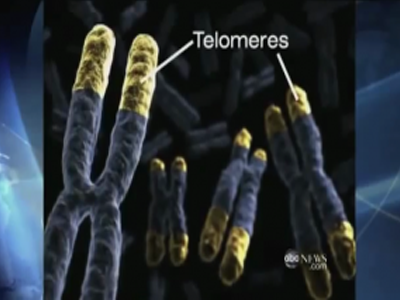
Physiology
To begin, peptides are small chains of amino acids (the basic units of organic matter) linked by amide bonds, & can be thought of as «small proteins». Proteins are larger macro molecules comprised of many more amino acids linked together. Despite their size, however, peptides play many important roles in the normal functioning of the human body. Some examples include insulin, which is responsible for controlling levels of glucose within the blood, and substance P, a peptide playing a major role in the perception of pain.

Telomere Elongation

Physiology
Attenuation of Inflammation
Inflammation is a normal immune response that can become dysregulated and potentiated in a broad spectrum of disorders from rheumatoid arthritis to ulcerative colitis and even has been implicated in psychiatric disorders. The inflammatory process is dependent upon intercellular communication mediated by biomolecules such as cytokines, C-reactive protein, and other acute phase reactants. Epithalamin has been observed to play a role in the regulation of these molecules & thus attenuate the inflammatory response.
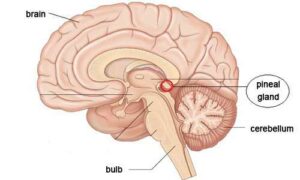
Endocrine Regulation
Hormones are responsible for many key signalling circuits between cells which on a larger scale comprise the functions of large organs. For example, melatonin is a hormone which regulates the circadian rhythm, an internal biological clock. Endogenous melatonin production has been observed to decrease with ageing. A 2007 study of Epitalon administration in elderly patients found that the compound helped to restore pineal gland function & increased release of melatonin, which is purported to be the mechanism behind the restoration of sleep.
1.1. Life extension by elongation of telomeres and telomerase activation
Gene expression is different in young, middle-aged, and old individuals. The body times the life cycle using gene expression. In childhood, genes dictate the body to grow, in the middle age they maintain the body strong and healthy, and in the old age they dictate the body to stop releasing vital hormones, thus slowing down life processes and destroying the body.
Excerpt from a recent article in the french scientific magazine “La Recherche” (The Research) of June 2014
Growing up in a poor and unstable environment alters the genome.
Telomerase (a.k.a. telomere terminal transferase) is the enzyme capable to elongating telomeres in human bodies while protecting the DNA from the damage caused by aging. When cells multiply, they are set a predefined number of cycles they can perform the divisions due to the permanent curtailment of telomeres. In Mr. Khavinson’s studies, Epitalon treated cells made a total of forty-four passages (ten extra divisions compared to normal cells). Thus, the studies support the evidence that Epitalon prolongues the life of cells due to overcoming of the Heyflick division limit. (Reference: V. Khavinson et all. in Bulletin of Experimental Biology and Medicine. June 2003, PMID: 12937682).
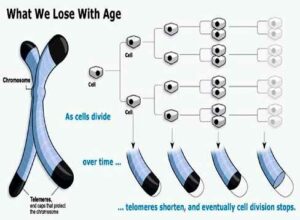
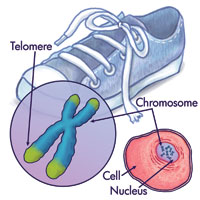
We know that stress contributes to accelerate a natural process in adults : the
